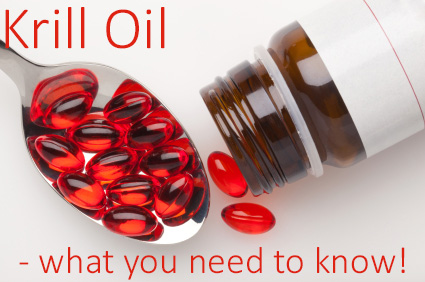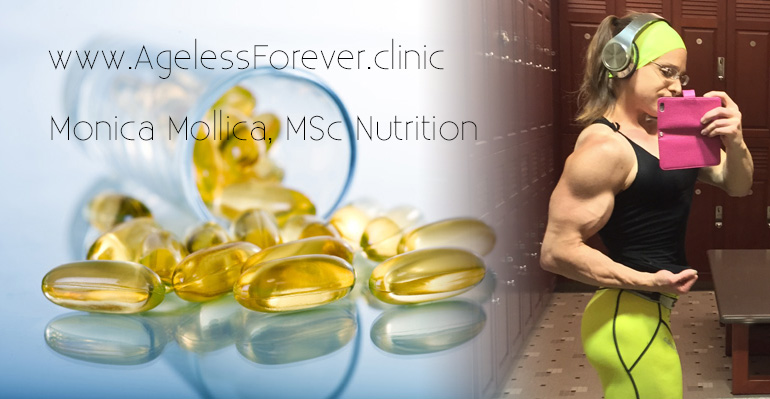Krill Oil - what you need to know
- Published in Diet, Nutrition & Supplements

Fish Oil for Fat Loss - can it really help you get in shape?
- Published in Diet, Nutrition & Supplements

Fish Oil for Muscle Growth and Prevention of Muscle Loss with Aging
- Published in Diet, Nutrition & Supplements

Omega-3 fat intake for prevention of skin aging
- Published in Diet, Nutrition & Supplements

Fish oil supplementation - benefits for young healthy adults
- Published in Diet, Nutrition & Supplements

Fish oil is well known for protecting against development and progression of cardiovascular disease in high risk individuals, mostly middle-age and older.[1-4] A notable recent study shows that fish oil supplementation also confers health benefits in young healthy adults.[5]
Young healthy males, aged 21-24 years, were given a fish oil supplement providing 2 g EPA and 1 g DHA per day for 3 months. It was found that the fish oil supplementation significantly reduced fasting blood triglycerides (i.e. blood fats) by a whopping 38% (from 86 mg/dL to 54 mg/dL) and also improved the total cholesterol/HDL ratio, by reducing it from 3.25 to 3.05.
Relevance of blood triglycerides and the total cholesterol/HDL ratio for cardiovascular disease



